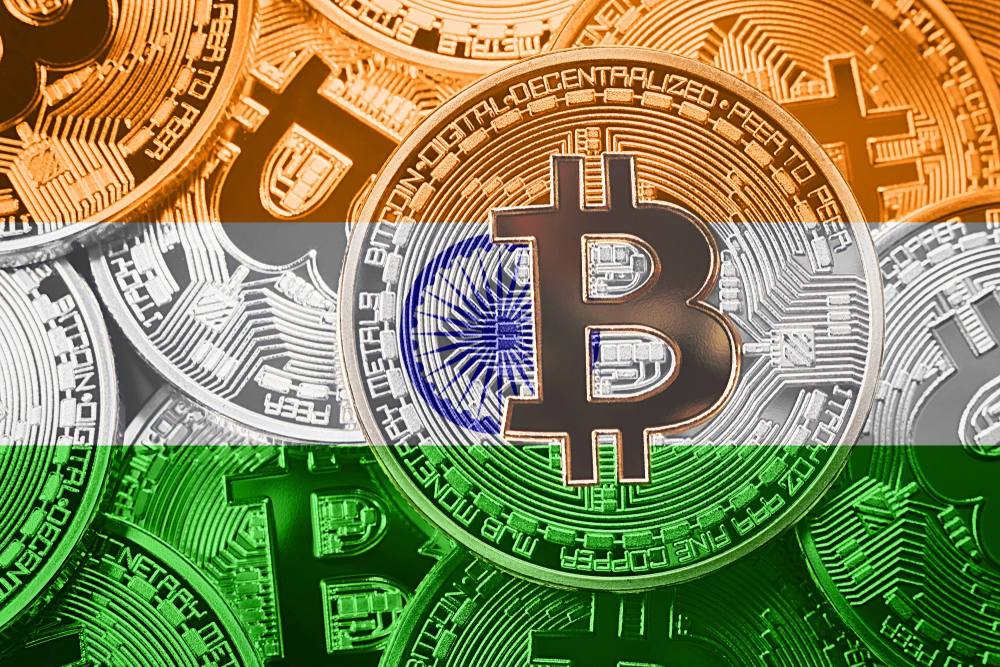In a recent move to address the growing concerns surrounding the impact of cryptocurrencies on the global economy, India has put forth a proposal for international collaboration aimed at creating a unified regulatory framework. G20 officials have backed this initiative, emphasizing the vital role of financial stability and consumer protection in fostering a sustainable and secure digital financial landscape.
India Alarmed About the Dangers of Crypto
In a recent press conference following her meeting with fellow G20 finance ministers and central bank governors, India’s Finance Minister, Nirmala Sitharaman, expressed her apprehensions about the potential of crypto assets to trigger macroeconomic instability. She highlighted the need for a collaborative approach in addressing the challenges posed by the growing influence of digital currencies in the financial sector.
During her address, Sitharaman underlined the importance of a global strategy, stating, “There is a greater acceptance among all G20 members that any action on crypto assets has to be global. It’s not possible for a standalone country to deal with crypto assets independently.” This sentiment underscores the need for a comprehensive and coordinated effort among the world’s leading economies to establish a regulatory framework that can effectively manage the risks associated with cryptocurrencies.
As the influence of digital currencies continues to expand, G20 members recognize the urgency of establishing a shared approach to regulating this rapidly evolving financial landscape. By working together, these nations aim to promote financial stability, protect consumers, and ensure that the potential benefits of crypto assets are realized in a responsible and sustainable manner.
India Spearheads Global Crypto Regulation Efforts
India’s Finance Minister, Nirmala Sitharaman, has taken a proactive stance on cryptocurrency regulation amidst heightened global scrutiny of the industry. As governments and regulators worldwide grapple with balancing innovation, investor protection, and financial stability, India is leading the way in advocating for a cooperative approach.
Sitharaman recently proposed that G20 countries should collaborate to establish a shared regulatory framework for the cryptocurrency industry, in response to the rising number of crypto-related collapses. This proposition was made during her visit to the United States, emphasizing the urgency of addressing the burgeoning digital currency sector.
Echoing the finance minister’s sentiments, other G20 officials have also emphasized the importance of promoting financial stability and protecting consumers in the rapidly evolving digital economy. By fostering international cooperation, India and its G20 counterparts hope to create a unified approach to cryptocurrency regulation, ensuring that the benefits of this innovative technology are harnessed while minimizing its potential risks.
At Tokenhell, we help over 5,000 crypto companies amplify their content reach—and you can join them! For inquiries, reach out to us at info@tokenhell.com. Please remember, cryptocurrencies are highly volatile assets. Always conduct thorough research before making any investment decisions. Some content on this website, including posts under Crypto Cable, Sponsored Articles, and Press Releases, is provided by guest contributors or paid sponsors. The views expressed in these posts do not necessarily represent the opinions of Tokenhell. We are not responsible for the accuracy, quality, or reliability of any third-party content, advertisements, products, or banners featured on this site. For more details, please review our full terms and conditions / disclaimer.



